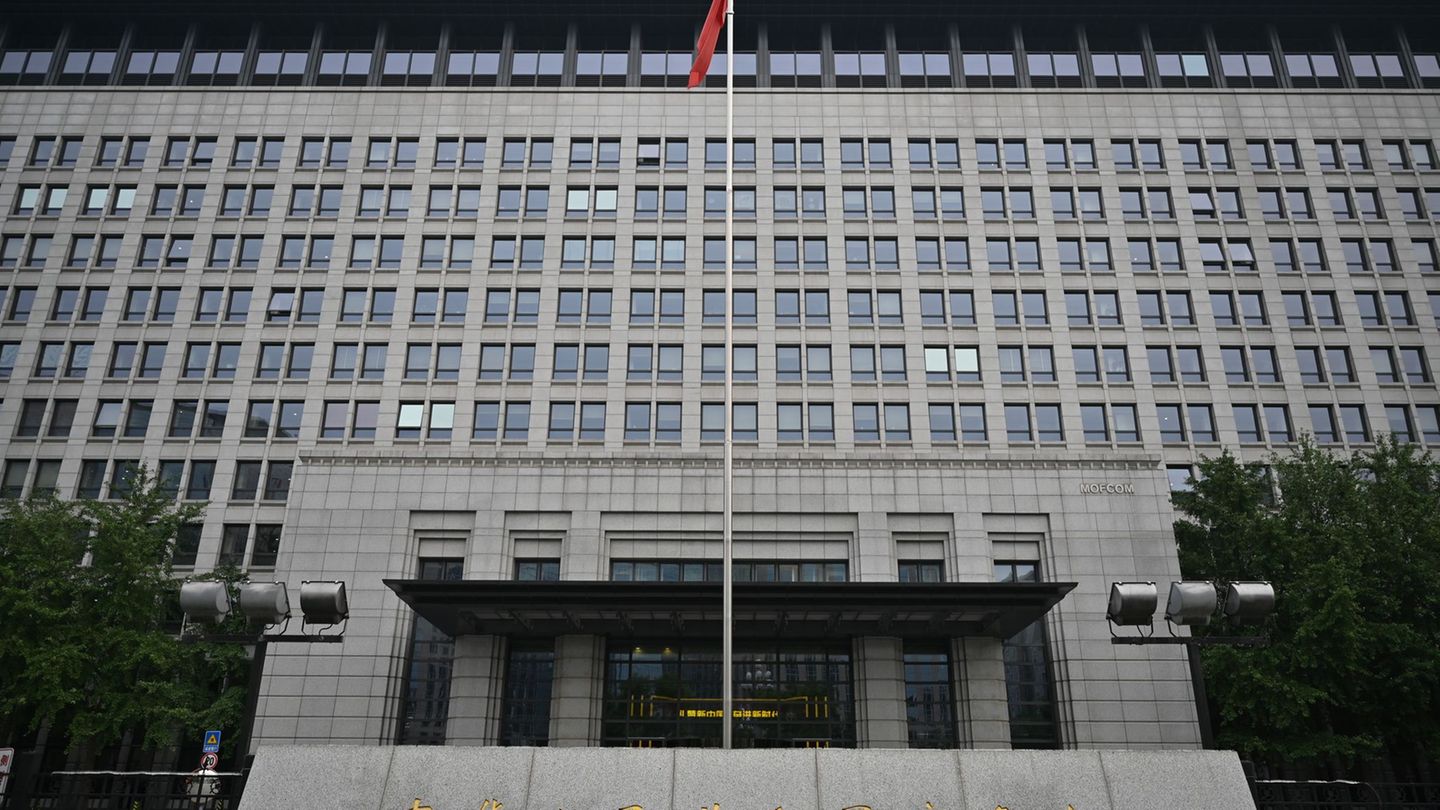Politically uncertain times are a bad omen for the export-dependent German economy. A study recommends that companies adapt their strategy.
According to the Prognos Institute, the German export industry should prepare for a permanent weakening of globalization. A revitalization of multilateral global cooperation in economic policy is unlikely, write the consulting company’s foreign trade experts in a study. “A partial reversal of economic globalization is a realistic scenario.” The risks and potential consequential damage for companies and economies in Europe are enormous, especially for Germany.
A third of German value creation is exported
According to the institute’s estimates, around a third of Germany’s added value is currently exported. In view of growing geopolitical tensions, the authors point out that although the rest of the EU is the most important sales market, the dependence on China for individual products such as laptops is very high. The study commissioned by the Bavarian Business Association (vbw) cites the decline in exports to Russia since the attack on Ukraine in 2022 as a warning example.
Diversification of supply chains
However, according to Prognos’s assessment, a short-term complete decoupling of the German economy from China and other potentially risky locations would lead to the loss of a large part of today’s sales and procurement markets. The authors therefore recommend that companies increase the diversification of their supply chains. “Alternatives often exist even in areas in which Germany currently purchases primary products from China on a very large scale,” the paper says. Accordingly, electric motors, among other things, could increasingly be purchased in North America.
Source: Stern




